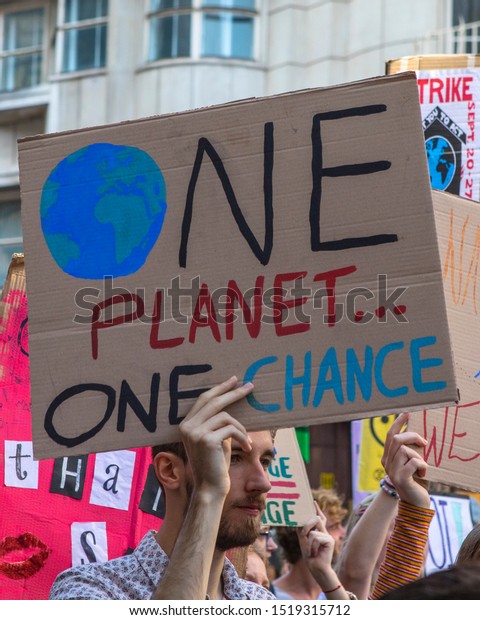Saving our Planet

Although environmentalists and scientists are telling us that climate change is already happening and we have only a small amount of time to make the changes needed before we reach the point of no return, many people seem unconcerned. Thank goodness for Greta Thunberg and other young people who are speaking out about the urgency of making drastic changes in our lifestyle. There are also many environmental groups like the US Climate Symposium, the Nature Conservancy, and Greenpeace, that are involved in education and consciousness-raising about how to save our planet.
But action is slow and spotty in most parts of the world.When people are given the facts about global warming, the extinction of animal species, the pollution of water sources, the effects on weather such as hurricanes, tornadoes, and drought, they become alarmed, but then their concern fades amidst other issues. The changes loom so large that solutions seem out of reach.
The Nature Conservancy outlines three areas that require change to save our planet: produce more food on less land, eliminate overfishing, and increase clean energy. Their website explains how to reach these goals.
Yet we can begin to make some changes on our own. We can use alternate means of transportation such as walking, bicycling, and public transportation to lessen our carbon footprint. We can eat less meat which would decrease pollution caused by methane and other gases. We can plant trees where land has lost its forestration. We can support companies that have cut down on fossil fuels and are beginning to use solar and wind energy. We can write or call our congresspersons to seek an end to the building of nuclear weapons which cause great destruction to our atmosphere even when they are not used.
We are all in this together and we each need to take responsibility in whatever way we are able. According to scientific studies, we have until about 2050 to save our planet from irreversible devastation. The time is short. We must act now!



Comments
Post a Comment